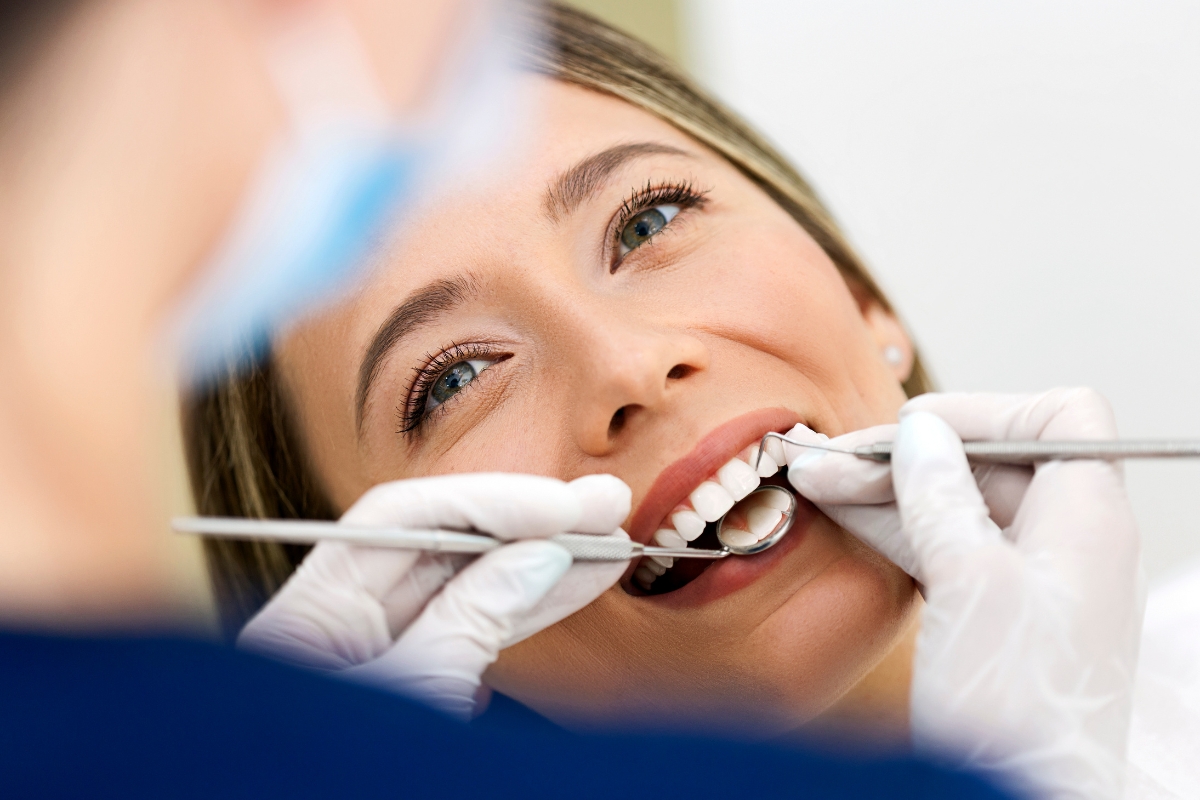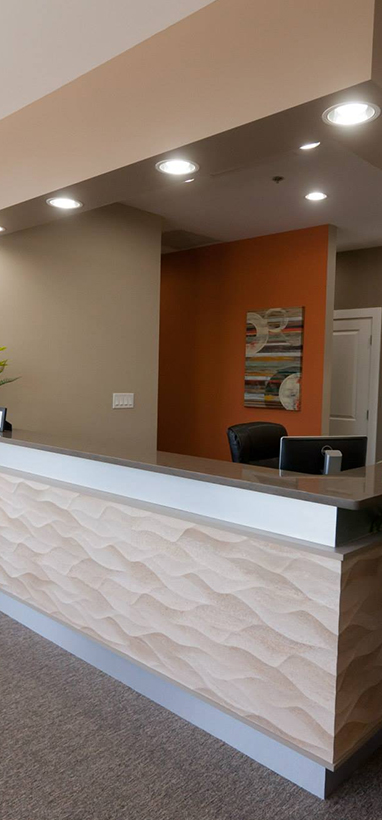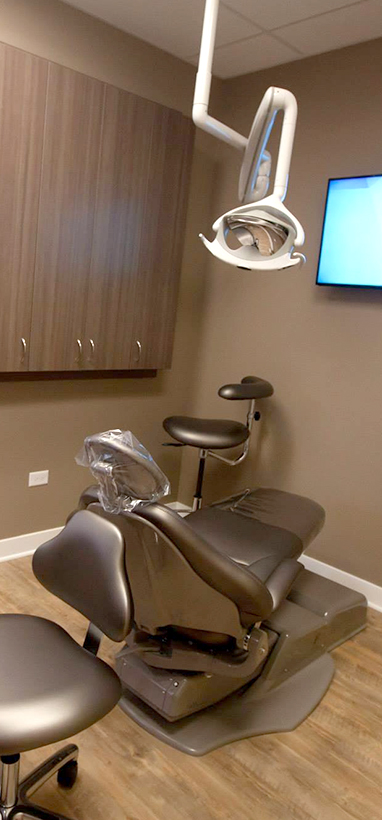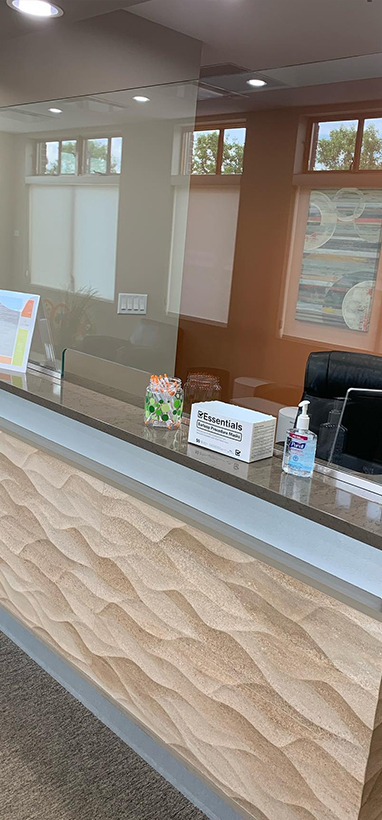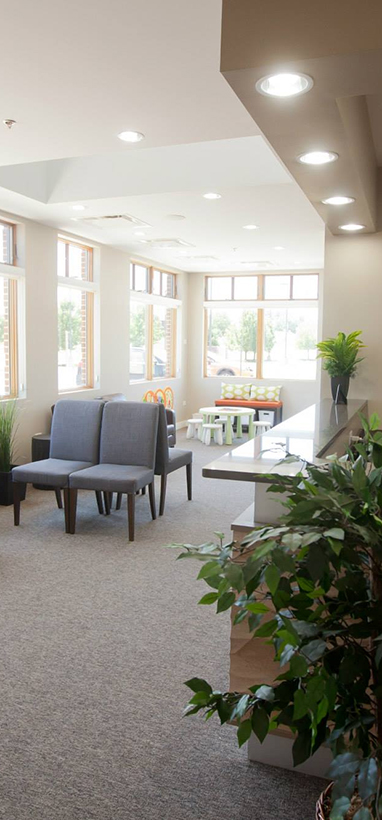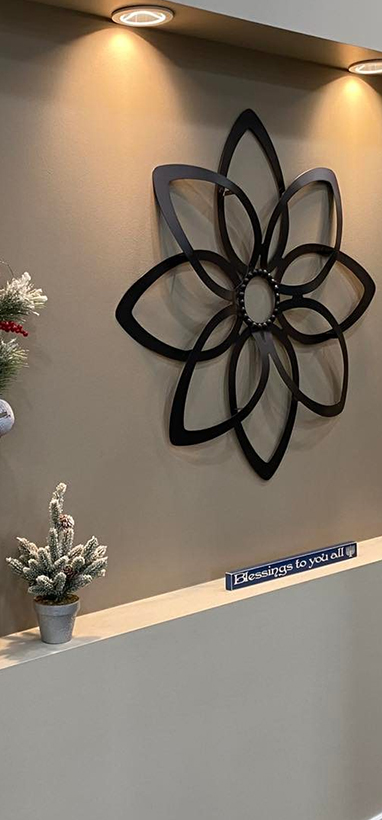1516 Legacy Cir, Naperville, IL 60563
Same-Day Crowns: Are They As Durable As Traditional Crowns?
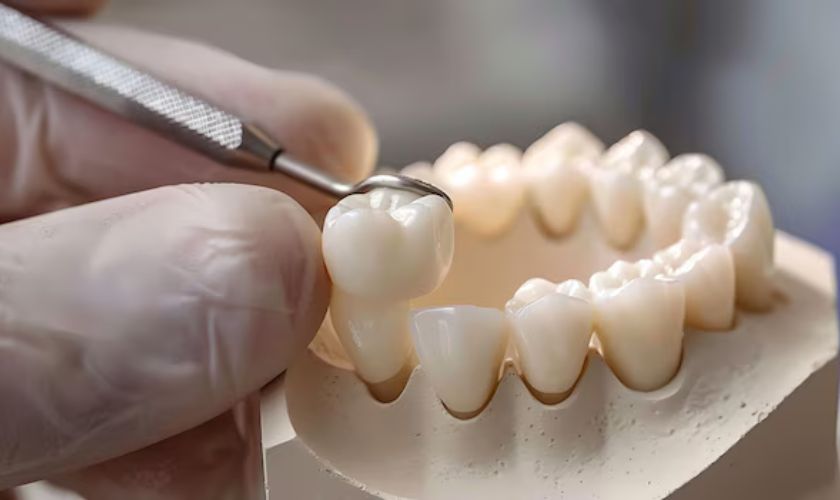
In terms of dental restoration, crowns are the most effective solution for repairing damaged or decayed teeth, and traditionally, getting a crown requires multiple visits to the dentist, with a waiting period of about two weeks for the crown to be made in a lab. However, advances in dental technology have introduced same-day crowns, a more convenient and efficient alternative.
These crowns are created in a single appointment using computer-aided design and manufacturing technology. Patients’ most common question about the durability of same-day crowns is about how they compare to traditional crowns and the factors that influence their longevity. In this blog, we’ll explore the durability of same-day crowns, how they compare to traditional crowns, and the factors that influence their longevity.
What Are Same-Day Crowns?
Same-day crowns, also known as CEREC crowns (the brand name for the most common CAD/CAM system), are made using advanced 3D imaging and milling technology. In a single dental appointment, your dentist will digitally scan your teeth, design the crown, and mill it from a block of ceramic or resin material right in the office. These crowns are then placed immediately, allowing you to leave with a fully restored tooth by the end of your visit.
Traditional Crowns: The Standard Method
Traditional crowns are crafted in a dental lab after. The conventional crowning process typically involves multiple visits to the dentist. Your dentist will measure your tooth, take impressions, and fit you with a temporary crown on your first visit. Your dentist will then send the information to a dental cosmetics lab, where a technician will create your permanent crown. The second visit is when the dentist will place the crown after it’s been sent back from the lab. This process can take one to two weeks, depending on the lab’s workload and the complexity of the restoration.
Strength and Longevity
Regarding strength, traditional crowns made from porcelain-fused-to-metal or metal alloys tend to be more durable and resistant. With proper care, these materials can last 10-15 years or longer.
Same-day crowns made from ceramic materials, such as lithium disilicate, are also highly durable. On average, they last around 10-15 years, but their longevity can be slightly shorter than that of metal-based crowns. Same-day crowns offer the best aesthetic results, are highly functional, and offer a one-visit solution for restoring a tooth.
Factors Influencing Durability
Multiple factors can impact the durability and longevity of both same-day and traditional crowns:
- Location in the Mouth: Dental Crowns placed on molars, which experience more chewing pressure, may wear down faster, regardless of whether they are same-day or traditional crowns. Dentists may recommend a more durable material for back teeth, such as porcelain-fused-to-metal or a metal crown.
- Bruxism: If you habitually grind your teeth (bruxism), both types of crowns are more likely to wear down or break over time. Your dentist may suggest a night guard to protect your crown and teeth.
- Oral Hygiene: Keeping your crown clean and free from plaque buildup can significantly extend its lifespan. Proper brushing, flossing, and regular dental checkups are essential for both types of crowns.
- Material Quality: The quality of the material used can influence the durability. Some same-day crowns made from high-strength ceramics, like lithium disilicate, are designed to be as durable as metal-based crowns, while others may need to be stronger.
- Dental Care and Maintenance: Just like any dental restoration, proper care is essential to maximize the lifespan of your crown. Regular dental checkups will help ensure your crown is intact and free from decay or wear.
Are Same-Day Crowns Worth Your Investment?
To conclude, same-day crowns can be just as durable as traditional crowns in many cases, especially if they are made from high-quality ceramic materials like lithium disilicate. While traditional crowns made from metal or porcelain-fused-to-metal may offer superior strength in high-stress areas, same-day crowns offer a solid, aesthetically pleasing option that is perfect for many patients, particularly in the front of the mouth.
The durability of either option depends on various factors, such as material quality, location in the mouth, and how well the crown is cared for. For many people, same-day crowns provide an outstanding balance of convenience, cost-effectiveness, and longevity without sacrificing the look or feel of their restored teeth.
It’s important to consult with your dentist to determine the best option for your needs. They will help you weigh the pros and cons of both types of crowns and recommend the one that best suits your oral health, lifestyle, and aesthetic preferences.




